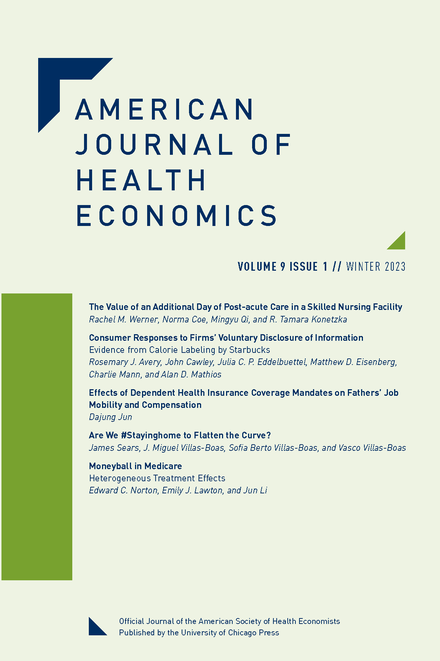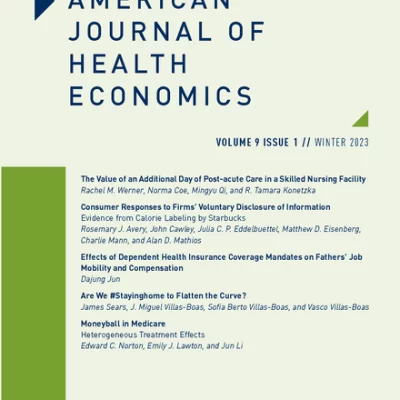The Effects of Neonatal Intensive Care on Infant Mortality and Long-Term Health Impairments
Tamás Hajdu, Gábor Kertesi, Gábor Kézdi, Ágnes Szabó-Morvai
Abstract
We study the effects of being born in a city with a Neonatal Intensive Care Unit (NICU) and in a city integrated into the Newborn Emergency Transportation System (NETS) on neonatal and infant mortality and long-term impairments. We use administrative and census data covering the gradual expansion of the NICU and NETS systems between 1990 and 2015, and we identify the effects using the distance of residence to the nearest NICU/NETS hospital as an instrumental variable. Residence fixed effects control for all unobserved municipality-specific time-invariant determinants of newborns’ death and impairment. Being born in a city with a NICU decreases 0-6-day mortality by 153/1000 (birth weight < 1500g) and 24/1000 (birth weight < 2500g). NETSeffects are positive, too, but they are substantially smaller (57/1000 and 9/1000, respectively). The effect estimates on long-term impairment are small in magnitude and are all statistically indistinguishable from zero. Access to NICUs and the NETS saves lives in the long run, without substantial overall effects on long-term impairments.
Keywords: Neonatal Intensive Care; Newborn Transportation; instrumental variable; fixed effects; infant mortality; impairment
→ Tovább a teljes tanulmányra.



